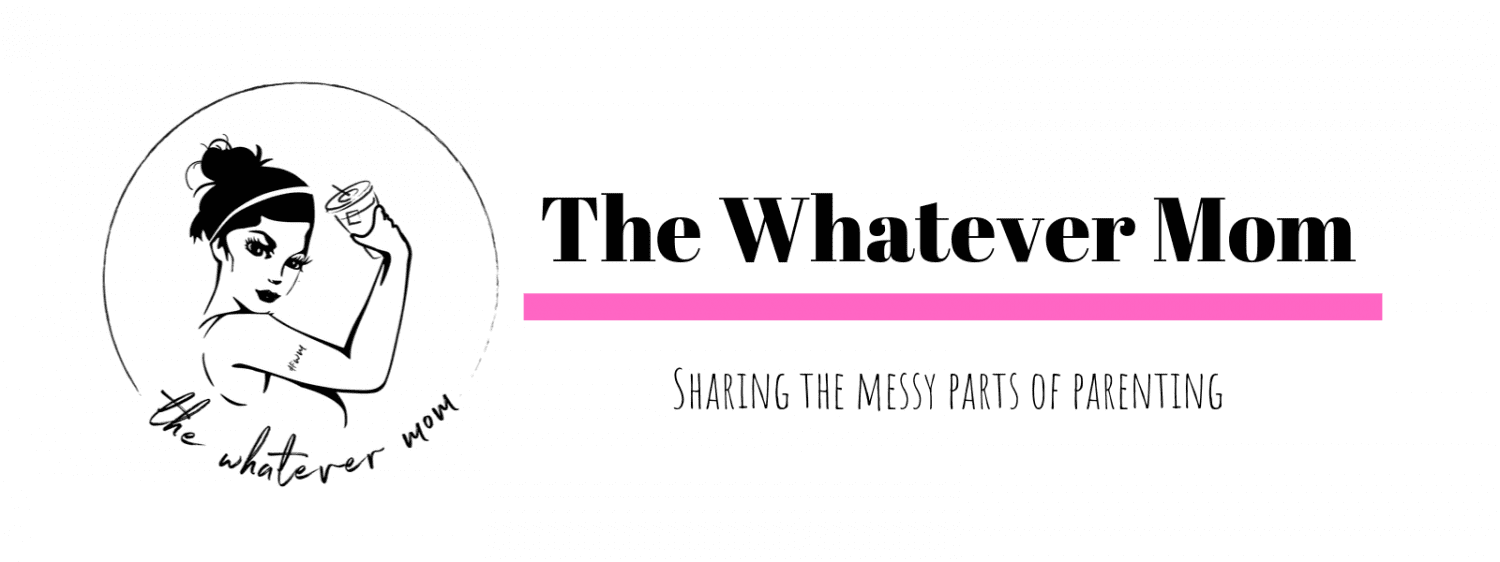
Ever comment on a post on social media, only to be completely attacked by strangers?
That was me last week. I replied to some original content on another bloggers Facebook post, in agreement. I didn’t tag anyone, call anyone out by name, tell anyone they were stupid. I just simply responded to the person making the post and said I agree.
I am not naïve, I know people of the Internet can be jerks for no reason, but it was still a shock to me to be on the receiving end of it. I have cultivated a small following of like-minded parents to purposefully weed out those jerks. I actively scroll by the stuff I don’t agree with and avoid commenting directly to people I do not know. But it still did not stop three strangers from coming out with pitchforks to demand I change my mind because they felt triggered. When I refused to engage, they started a side conversation determined to uncover “what was wrong” with me. In the end, I just couldn’t stop laughing. What healthy adult has the time to create a little cyberbully club? And what does that teach our children about how to engage online?
For the record, I wasn’t hurt by this. I was just shocked because it happens so rarely to me. I try to maintain a judgement free zone in my corner of the Internet, and I especially do not tolerate name calling and ignorant assumptions about someone else’s life. It pays to know the entire story before forming an opinion, and there is nothing wrong with a healthy, mature debate. But when you get into tearing people down, just to feel powerful, or good about yourself, that’s where my tolerance ends.
This kind of behavior was routine in online mom groups ten years ago, when I first became a mom. I couldn’t use the words “breast feeding” or “antibiotics” without an angry squad of moms firing their opinions at me like bullet spray. I remember feeling bewildered by their words piercing through the other side of the screen. The more I tried to have a rational conversation, or defend myself, the harder they came back at me that their opinion was the ONLY correct way to parent my children. How have we not evolved in a decade?
I felt alone and unsafe in those groups for a long time.
That’s why I started blogging in the first place. To give parents space to learn and grow through every messy age and stage of parenting. We all need room to develop our instinctual connection with our kids and we can’t do that if we are busy defending ourselves, or worse, trying to do all the things that work for other people.
So, when these strangers came at me last week, I felt bewildered again. But this time I wasn’t angry, or hurt because I recognize it is coming from a place of their own insecurity. The only way they can feel power in their own lives is to make someone else feel less powerful in theirs. That’s on them. I don’t owe them answers or help carrying their baggage. This was a jolting reminder of what a dark place the Internet can be, especially for moms who are new here and just looking for support.

To the new mom feeling like she is being judged by other parents, or her parenting doesn’t fit in with other people’s opinions, you’re not alone. I’ve been there too. I was there for a couple of years. When I learned to ignore the people lashing out and tearing me down to feel superior, I found there are plenty of other moms (and dads) who want to connect and be supportive. I also learned that we all do whatever works for our own families because strangers on the Internet aren’t responsible for raising our kids, we are. They aren’t losing sleep over their repulsive behavior, and we shouldn’t either.
To the moms (and dads) in the groups who are “just saying,” try not saying it. Think about your words before you let them escape your fingertips and you push send. Ask yourself if it is helpful to the person commenting, or if it is something you’d want to hear if this were your situation. Are you leaving room for a conversation, or just responding to “own” someone? (If the second is true, find a new hobby). You don’t owe those commenters anything, but they also don’t owe you by changing the way they live their lives based on your personal opinions.














